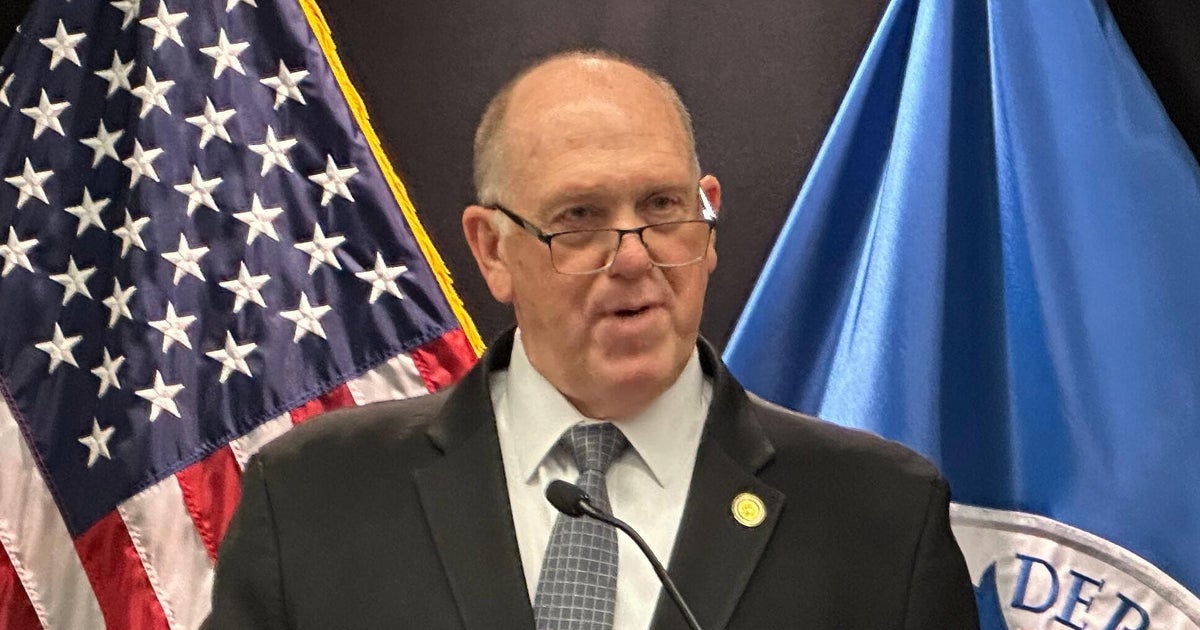Good Question: Why Is It So Hard To Keep New Year's Resolutions?
MINNEAPOLIS (WCCO) -- About 40 percent of us will make New Year's resolutions for 2014. But,according to research by University of Scranton psychologist Dr. John Norcross, those lofty goals fall by the wayside after six months for more than half who set them. In his study, success rates were 71 percent for two weeks, 64 percent for one month and 46 percent for six months.
But even these rates might be over-inflated, he admits.
So why is it so hard for us to keep our New Year's Resolutions?
"I think it's because we have conflicting goals going on," said Penn State marketing professor Meg Meloy, who's studied New Year's resolutions. "We try to be good, and there are temptations that face us all the time. If we have both of these goals in our head, one goal might be suppressed for a period of time, but it often comes back to exert its influence."
For example, she gives the choice between fruit salad and chocolate cake.
"Even though we said we're not going for the chocolate cake, eventually we feel depleted, in a bad mood, and we succumb to the chocolate cake."
According to Norcross' research, the top 10 resolutions are: weight loss (21 percent), improving finances (14 percent), exercise (14 percent), getting a new job (10 percent) and healthier eating (7 percent).
"It's a fresh start at first, and then it just gets boring," said Richard Ross of Hudson, Wis.
Research shows humans like routines that usually are developed through repetition. For example, if we don't have to think about showering or brushing our teeth, it frees up our brains. The same theory follows for bad habits.
"Status quo is very difficult to break out of," Meloy said.
She finds it's easier to follow resolutions when we break up our routines.
"If you have a group of co-workers that break for a snack at 3 o'clock, do something different at 3 o'clock," she said.
Or as Gail Her of St. Paul put it: "You can't really work on things if everything else stays the same."
Meloy also suggest making resolutions public, committing money to a resolution – like hiring a personal trainer – and setting concrete goals. She especially liked Alicia Ross' of Hudson plan to remember all of her nieces and nephews birthdays.
"If you say I'm going to lose 20 pounds, that's more concrete than saying I'm going to lose weight," Meloy said.
And, finally, consider breaking bad habits outside of the New Year timeline.
"Winter is the hardest time," she said. "It's the most depressing time of the year, so we're probably shouldn't be creating New Year's resolutions, because that's when we're the most depleted."







